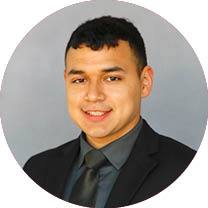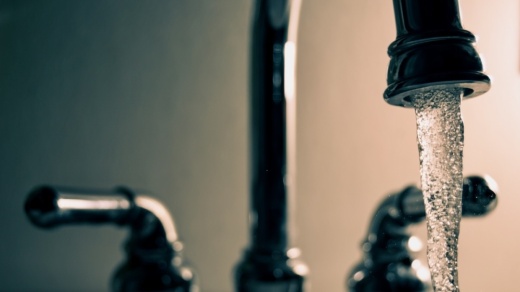Pearland City Council during its regular meeting Nov. 22 discussed the ongoing water issues in the city, including its 32/30 plan that was adopted by council in April 2020 and complaints from residents regarding charges.
“I’m ready for the problems with the water to be over with, to get it corrected one way or the other,” Council Member Woody Owens said.
In January, City Council approved the creation of a citizen-led ad hoc committee to evaluate the utility billing system, or UB system, and identify system improvements to enhance UB services and build trust with UB customers, according to agenda documents. The committee’s recommendation was to move away from the 32/30 plan.
During the council meeting Nov. 22, city staff gave a presentation to council that included two 32/30 alternative recommendations: the first being a “true up” plan that would charge Pearland water customers with one bill and one base charge in March 2022, meaning a customer would go from paying for the 32 days in each cycle to having to make a one-time payment accounting for 50-56 days, according to the presentation.
The second 32/30 plan alternative was proposed by the citizen ad hoc committee, which also involves a “true up” plan that is similar to the one proposed by city staff. However, it differs in that anyone that became a utility billing customer before the 28-day billing change in November 2018 would pay their outstanding charges without any additional base fees, while those that joined later would be billed one or two base charges depending on how many months of charges they owe.
Nancy Massey, Pearland's water billing and collections manager, said city staff recommends staying on the 32/30 plan, but if council wishes to choose an alternative, staff favors the city’s one-time base charge 32/30 alternative over the committee’s. This is because it is less complex than the committee’s plan, and the committee’s plan could possibly make 19,000 customers have to go on payment plans, Massey said.
Additionally, the 32/30 plan is 57% completed, which means the unbilled amount caused by the 71- to 78-day billing gap is down to 31 to 38 days, according to the city staff’s presentation during the council meeting. Under the 32/30 plan, the city would not make up all the revenue created by the gap until 2023.
While City Council did not vote or make a decision on if they will remain with the 32/30 plan or go with an alternative, Pearland City Manager Clay Pearson said city staff will realistically need until January to provide council with accurate, detailed information on how the two alternatives will affect water customers.
“This is going to be an imperfect solution. ... It is reducing some of the items it is intended to do, but it is still not addressing some of the items that are blinking over here like a red light,” Council Member Alex Kamkar said. “So all I can look at is the data I have here before me. It is working the way it is intended, for good or for bad; unfortunately we have an ugly baby here. It is what we got.”





